This is a column part of a monthly series called “No Planet B” written by Sustainability & Energy Management Coordinator Chelsea Malacara and her sustainability interns. This series aims to provide insight on how we can begin to think and make sustainable choices on campus for a better future.
In recent years, you may have heard talk of major flooding across the nation. Perhaps you have experienced a flooded basement or had to be rerouted due to a flooded street, but have you ever considered what happens to all that water? Stormwater runoff comes from the rain and snowmelt that flows from land or impervious surfaces and does not soak into the ground. This in turn causes flooding and erosion. It is not only the water from these weather events that can cause problems, but also what the flow of water picks up from the streets and sends into waterways that poses a major risk to both human and non-human life. Stormwater picks up pollutants like garbage, chemicals, and sediments that can harm the quality of rivers, lakes, and coastal waters.
Stormwater runoff is an issue almost everywhere and Milwaukee is no stranger to it. After a major rain or snowmelt event, sewers can become overwhelmed and flooding occurs in the streets, parking lots, and construction sites. This will then run off into nearby rivers and ultimately into Lake Michigan with very little natural or chemical filtration along the way. One way to reduce the amount of polluted stormwater flowing into freshwater sources is by capturing millions of gallons of water before it hits the streets and sewers. As an institution that seeks to steward the region’s natural resources, Marquette University partnered with Milwaukee Metropolitan Sewerage District (MMSD) under the Fresh Coast Protection Partnership program to incorporate two green infrastructure projects-resurfacing parking lot T’s with pervious pavement and Lalumiere Hall’s bioretention area.
The Fresh Coast Protection Partnership program is a community-based partnership within the public and private sectors that aids in expanding green infrastructure implementation to meet MMSD’s goal to reduce the amount of rainfall across impervious surfaces within MMSD’s service area. As the amount of intense rain events increase, it’s important that communities support one another to be resilient when facing the consequences of climate change we will face.
While large projects are essential, it is still important to be vigilant about the individual actions we can take to be part of the solution, rather than the problem. MMSD suggests being mindful of littering; volunteer with MMSD to clean storm drains so that water can flow easier or clean up the rivers themselves; pick up your pet’s waste; clean your car at a commercial car wash rather than at home; clean up well after doing home auto repair; fix any fluid leaking from your vehicle; and stay informed about stormwater and water pollution issues in your area. Finally, consider how water protection and minimizing stormwater pollution might fit into your future vocation. Whether you’re an engineering major, businesses administration, biology, or communication, freshwater protection needs us all.
This story was written by Sarah Knott. She is a sustainability intern for Chelsea Malacara, the Sustainability & Energy Management Coordinator for Marquette University. She is not a staff member for the Wire. She can be reached at [email protected]

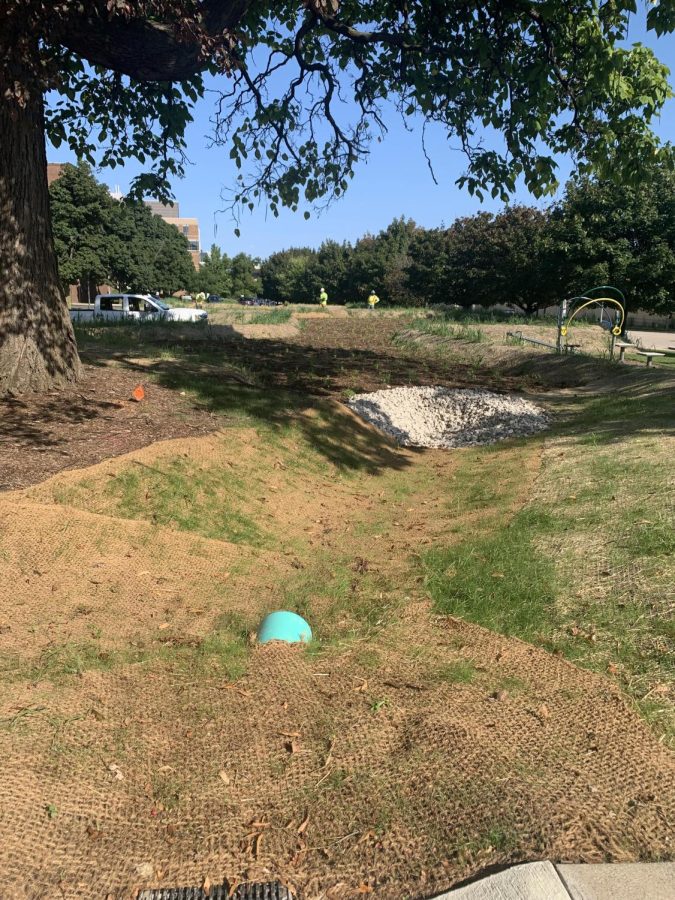
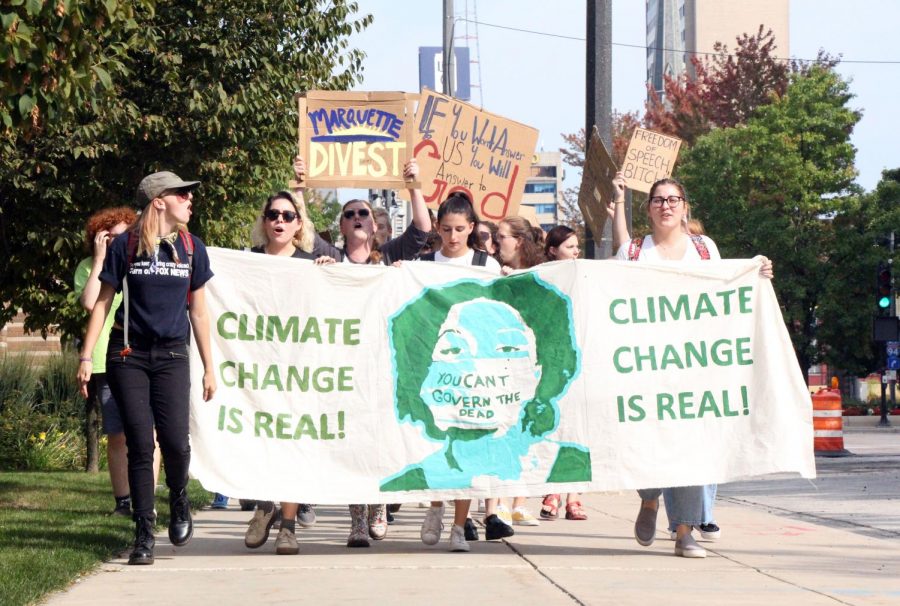
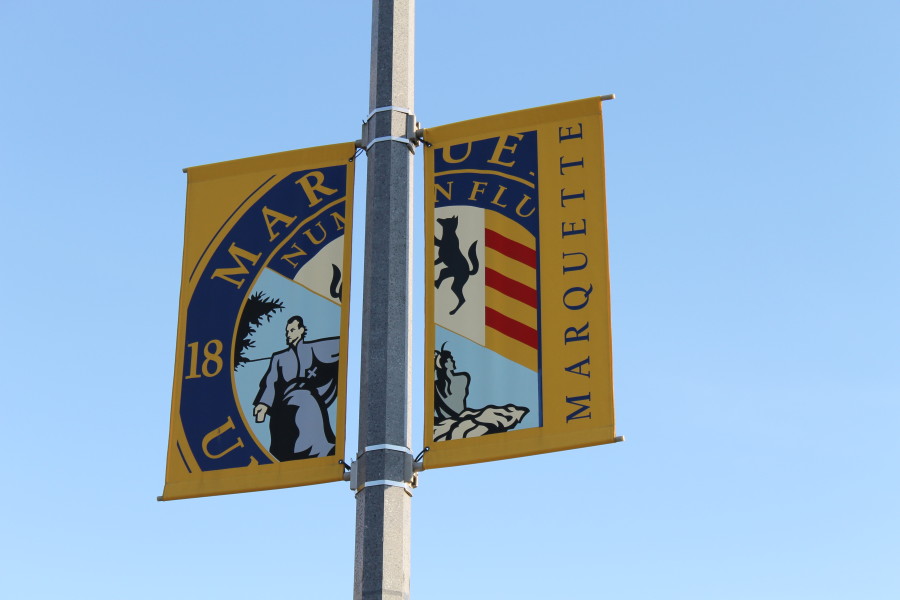

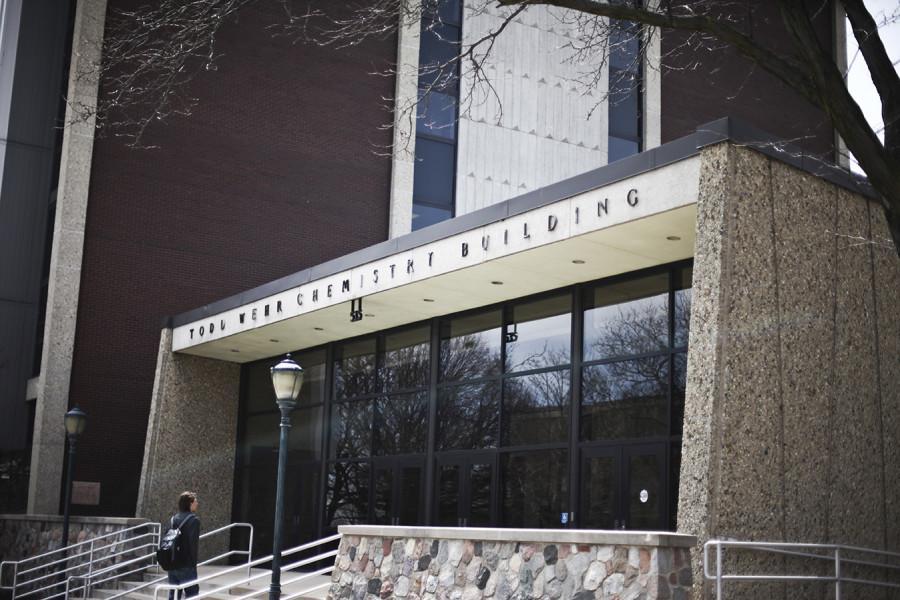
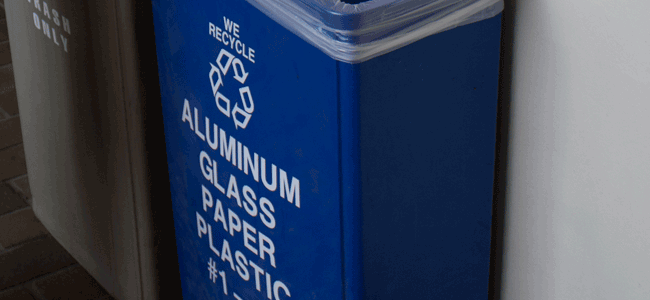
Jane Gunther, PhD • Sep 21, 2022 at 11:14 pm
Interesting and informative! In my coastal community, I pick up after others’ dogs when they don’t. Now I know I am not only making the land cleaner and safer, and I also helping to keep the ocean healthier, too.
Joseph M. Knott • Sep 20, 2022 at 8:51 pm
Great article! Very insightful and I am reminded by this to be a better steward of the environment myself. I love the idea of previous surfaces and need to research this further.
Well done Sarah!